Memory
Article curated by Ginny Smith
Our memories make us who we are, and yet we still don't understand how memories are stored in the brain, or what happens when memory problems develop.

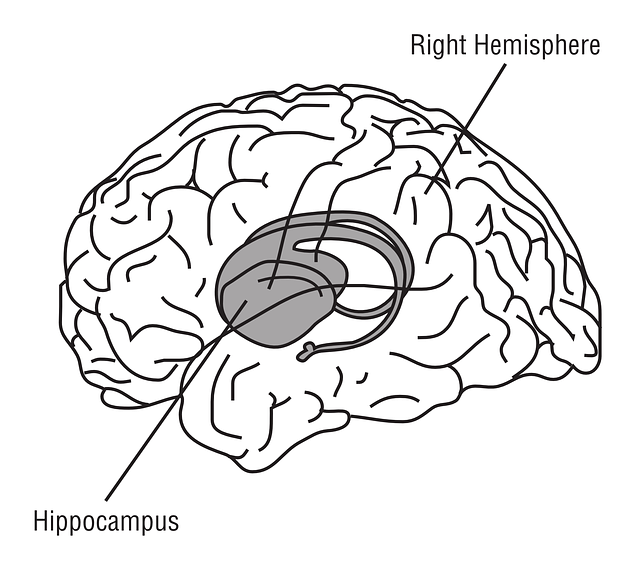
When holding an item in short term memory, the frontal lobe is highly active. Depending on whether the memory is visual or auditory, it will also activate regions of the brain responsible for that kind of processing. The hippocampus is vital for converting short term memories into long term memories, which are then stored in the cortex (the surface layer of the brain). Where in the cortex they are stored depends on the type of memory, and it isn't fully understood how these storage systems work.
Memories for events in your life, known as episodic memories, are thought to be a scattered network of neurons connected to different areas of the brain which allow recall of different sensations. Functional MRI experiments have shown that the processes of recalling sensation and undergoing them access the same parts of the brain. Other kinds of memory have their basis elsewhere - spatial memory, for example, is stored in the hippocampus, emotional memory involves the amygdala and procedural memories, like driving, are stored in the cerebellum, the basal ganglia, and the motor cortex. Learning more about how and where the brain stores memories may help to improve the life of those with memory disorders in the future.
Learn more about Memory in the brain.


 2
2One type of memory that is extremely important for our day to day lives is memory for people's faces, and this is something most humans are very good at. It used to be thought that a specific region of the brain was responsible for face processing, but now scientists think that networks of activity are more important. One famous study in this area claimed to discover a ‘Jennifer Aniston Neuron’, using single cell recordings. The researchers seemed to find a neuron that responded specifically to pictures of the movie star, suggesting information about the identity of a face may be stored in a single cell. This is a problem though, as we don’t have enough individual cells to assign one to each of the people we have ever come into contact with. If you look at possible combinations of cells, however, the number is more than large enough. It later discovered that the so called ‘Jennifer Aniston cell’ responded to information relating to her, as well as images of her, so it seems identity is more complex than was first thought. Where and how we store the thousands of faces we can recognise is still under debate.



Another big gap in our understanding of face processing is how processing familiar faces is different from processing unfamiliar faces. Most studies have been done using faces that are unknown to the person looking at them, but we spend most of our lives surrounded by people we do know, so little is known about how we process their faces.
We do know that processing unfamiliar faces is very inefficient. For example, people find it much harder to distinguish the differences between two faces from an ethnic group they don’t have much experience with than for the ethnicities they have grown up seeing every day. In one study, participants were asked to sort images into piles, one for each person who was represented. The images were of faces, but taken from different angles and under different lighting conditions. Interestingly, when the images were of people known to them, participants could successfully work out that there were only two different people represented. When the people were unfamiliar, though, participants thought there were an average of 13 different people in the photos. This fascinating finding raises the question; what is it about knowing someone that makes it easier for us to disregard lighting, angles etc and see them as them?


Forgetting

The inability to access a stored memory may occur if a cue to that memory is missing. Without a stimulus that was present at the time of encoding, we just can't bring back into mind the fact - however the cue can trigger the memory in the future. Interference may also be important in forgetting - new information learnt afterwards, or information previously stored in memory, could be combined and confused with a memory and cause its true nature to be lost. Alternatively it could just be that the memory traces in our brain decay over time, unless recalled.


We think of forgetting as a bad thing, but it is hugely beneficial - we wouldn't be able to recall important facts nearly so easily if we had to wade through the thousands of unimportant things that happen to us each day. Interestingly, we can also direct forgetting - consciously choosing to discard information. Brain imaging studies have shown this takes effort, suggesting it is more than just not actively remembering the information - we are actually disrupting the encoding or consolidation process, but how we do this isn't clear.


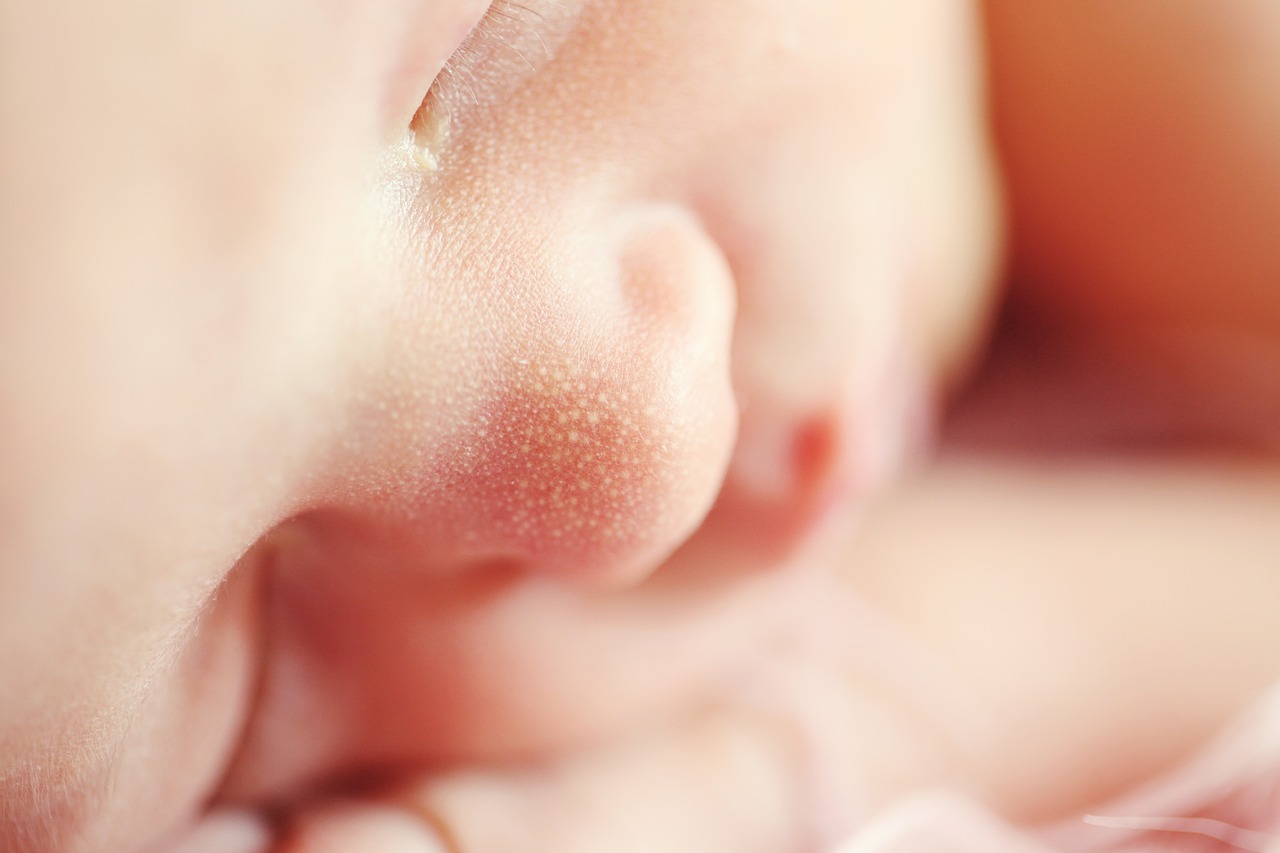
One theory is that memories are formed during the day in rapid stores, but these are easily destroyed by new information coming in. Sleep allows slower but more permanent memories to form. However recent studies have suggested that more is going on than just protecting memories from interference. It is now thought that active processes allow the gist of information to be extracted and combined with previously stored knowledge, although exactly how this happens isn't known.


 3
3
Memory problems
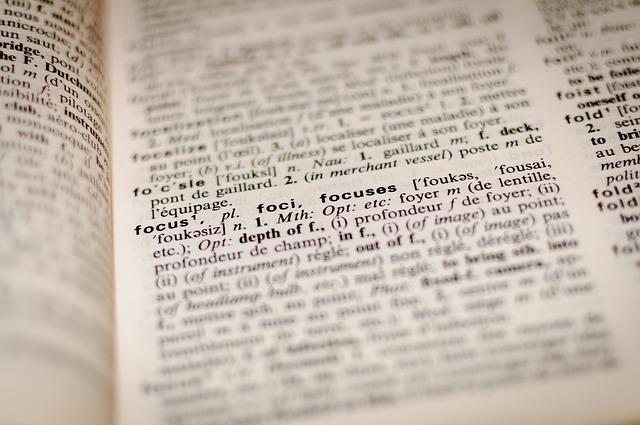
One theory is that the cues to the word you are searching for have caused your brain to recall another, similar word, which then blocks access to the word you want. Alternatively, it may be that the activation level of the word is strong enough for you to detect that it is there, but not strong enough to access it directly. Another theory suggests that because people store memories in different ways, such as through motion, sound, colour or touch, we can sometimes find it difficult to "translate" a word from memory that hasn't been used in a while. Storing memories in varied ways allows us to pack more information in, but sometimes makes it harder to unravel.
Learn more about Tip of the tongue syndrome.


 2
2Another common yet unexplained experience is déjà vu. Déjà vu means ‘already seen’ and refers to the feeling that an event or location has been experienced in the past when it hasn't. The causes of déjà vu are poorly understood, and is difficult to study as there is no way of predicting its occurrence or inducing it. However there are several theories that have been suggested to explain this phenomenon. Some theories link déjà vu to processes involving memory, for example suggesting it occurs when the brain undergoes processes similar to those experienced previously, leading to the feeling of familiarity. Others believe that the effect may be due to momentary dysfunction of the nervous system. Unfortunately, until we find a way of inducing a déjà vu so scientists can observe it, it is likely to remain a mystery to us.
Learn more about Deja vu.


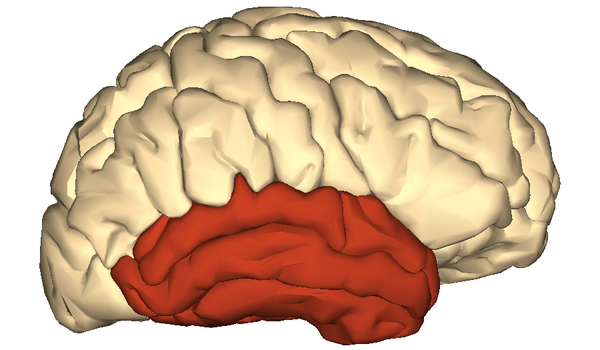

After a stressful situation, some people are left with persistent flashbacks, hyper-vigilance, anxiety and depression; a condition known as Post Traumatic Stress Disorder or PTSD. Sufferers have an over-active adrenaline response, causing symptoms similar to the ‘fight or flight’ response to be experienced excessively. This leads to long term changes in the brain.
We don’t know why some people who suffer a traumatic event develop PTSD while many others don’t. There seems to be a genetic component, but this only explains part of the variability. Having a smaller than average hippocampus has also been linked with vulnerability to developing PTSD. We know that the hippocampus is involved in storing memories in context, so if this area is under active, this could explain why the flashbacks experienced in PTSD are like re-living the event, rather than simply remembering it. Normally, the emotions associated with a memory fade with time, through a process known as extinction. If this process is disrupted in some way, this could explain why the memories associated with PTSD continue to cause a fear response.



In the future, we hope to be able to determine those at most risk of developing PTSD, so we can take preventative measures, however for the moment this isn't possible. While there are a few medications which may improve symptoms a little for those with the disorder, most current PTSD treatments are psychological. However there is hope for the future. One possible future treatment is propranolol, which is commonly used to treat high blood pressure. When a memory is recalled, it enters a ‘labile’ state, where it can be changed. The idea is that by administering propranolol during recall, the fear-related heart rate increase is reduced, and the memory is stored again without the fear component. Most of the studies in this area have been done in mice, and there is limited evidence of whether it would work in humans, but even if this drug is found to be ineffective, the concept of removing the fear from a memory during recall offers great hope to those suffering PTSD.


There exists a field called epigenetics. The Frenchman Lamarck is often laughed at these days for his evolutionary theory and giraffe example that animals required desirable characteristics through wanting them enough, and therefore imprinting that quality on their offspring, such as the giraffe stretching it’s neck to get food, and the stretching leading to offspring with slightly longer necks. But Lamarck may have been onto something, and that something is epigenetics. This is the field that studies how things that happen to you in your life can imprint onto your DNA. Remarkable studies have shown that what happens to you in your life can be passed on, and can even skip a generation: getting passed on to your grandchildren, but not your children, such as the study of cardiovascular health in adults whose grandparents went through a famine. The study showed that the grandchildren had a higher risk for heart disease, because their bodies stored and retained fat more. However, recent findings go even further. Research suggests that we might even be born with memories from our ancestors imprinted on our DNA, especially traumatic events. This could explain basic survival instincts, phobias and savants.


Probably the most popular memory disorder portrayed in the media is Transient Global Amnesia; characterised by sudden, global memory loss. However the reality is rather different to the common portrayals, and much rarer. Patients do lose recent memories (sometimes just a few hours, sometimes a year or more), and become unable to store new ones, so may keep asking the same questions. However they retain memories for who they are, and are able to recognise people they know well. It is rare, and usually only lasts a day at most (2-8 hours commonly). Once symptoms subside, memory returns to normal with no long-lasting issues, although memory of the period of the attack often never returns.
The cause of Transient Global Amnesia is not known, but the diagnosis is only made in the absence of signs of brain damage or seizure. It is more common in older people and those with history of migraine, and can be triggered by stress, strenuous physical activity, head trauma or sudden temperature changes. It could be some form of epileptic event, a problem with blood circulation in the brain, or a type of migraine. Until we know the causes, there is little hope of treatment - although as it usually corrects itself fairly rapidly, it is perhaps safest to just let patients recover on their own.


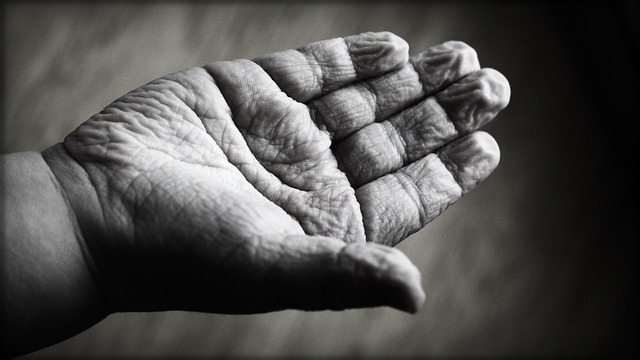
As we age, many of us will experience memory problems, but the one that many of us fear more than anything else is Alzheimer’s. Alzheimer’s disease is the most common form of dementia, but we don't understand why some people develop it and others don't. It is thought that a protein called beta-amyloid is involved in Alzheimer's. This protein often builds up in the brains of Alzheimer's patients, forming large plaques which are thought to block the normal functioning of the brain, and promote inflammation. However treatments to break down these plaques have had mixed results.
One theory suggests that it isn't the plaques themselves that are harmful to the brain - rather it is a smaller, soluble version of the protein that does the damage. This fits with research that has shown that the disease isn’t always linked with having plaques, and breaking down the plaques in those who do have them can actually make their symptoms worse. Another protein, called Tau, is also implicated. Normally, it forms straight fibres which help transport nutrients and other necessary molecules around the brain. In Alzheimer's, however, it forms tangles, disrupting this process, and possibly causing cell death. While we don’t know for sure why, the brains of Alzheimer’s patients actually shrink as the disease progresses and neurons and synapses are lost, particularly in areas responsible for memory, which may be the cause of the problems seen. What causes this shrinkage, however, isn't known.
There is a strong genetic link with Alzheimer’s - early onset Alzheimer’s (before age 65) is associated with a set of specific genetic mutations, however the more common, later onset form is more complicated. While there are genes that have been linked to the illness, lifestyle and environmental factors, such as diet, are also important. For the moment, there is little that can be done to prevent or cure the disease, other than living a healthy, active lifestyle. However huge amounts of time and money are being poured into research into this area - as our population ages it is becoming more and more vital to stop this devastating disease from taking over.
Galantamine, a cholinesterase inhibitor, is used to treat Alzheimer's and other memory conditions. Although its efficacy is not strong, it is one of the most effective treatments we currently have. Because we don’t understand Alzheimer’s well enough, we don’t know how to design better treatments. Galantamine can be chemically synthesised, but because it is chiral, syntheses can’t produce very much for the amount of reactants used, even when the yield is high. This makes it expensive, and it is easier to extract naturally, from certain species of snowdrops and daffodils. In Powys, huge fields of Alzheimer’s daffodils have been planted as a future source of galantamine. However, it’s also important that we’re careful of daffodils, as they also contain the toxic alkaloid lycorine, from the same category of drugs as atropine in belladonna, which, taken in high enough doses, can cause dizziness, abdominal pain, nausea, convulsions, and death.
Learn more about Causes of Alzheimer's Disease.


Improving memory

The findings are much clearer though when it comes to physical exercise - it seems keeping physically active is one of the best things you can do for your brain. How exercise has these effects is under debate. It reduces inflammation and improves mood and sleep, all of which might have an indirect effect on the brain. Or, there may be a more direct mechanism - some studies have suggested exercise actually increases the volume of areas of the brain associated with memory.


Something else that may be able to change our memory abilities is our emotional state. One study found that when watching particularly suspenseful parts of films, participants payed less attention to peripheral information - even when that information was presented in a pattern that the brain normal preferentially focuses on. It may be that this narrowed focus allows us to more accurately store potentially valuable information, but more research is needed before this can be known for certain.
Learn more about Consequences of Suspense.


 2
2Although it may conjure up thoughts of vampire and evil queens, parabiosis, the process of linking the circulatory systems of a young and old animal so that they share one bloodstream, may have some grounding in science. Recent work has shown that this treatment carries great benefits for the older animal, ranging from restoring cartilage and muscle, to improving memory and spatial learning. In particular, hippocampus functionality is rejuvenated.
While there are suggestions for the proteins responsible, exactly what it is in the blood of the young animal that causes these improvements is yet to be discovered, and the risks will need to be explored. There is also evidence that it works both ways - the older blood had a detrimental effect on younger mice, which will need to be examined further, and may lead to other potential avenues for longevity research. Despite the need for more work, these findings raise interesting potential for the future of rejuvenating technologies - if they translate to humans.


Memory is a fascinating topic because it is so personal - our memories are what make us individuals. However a huge amount is still to be discovered about how our brains have this seemingly limitless capacity for information. Until this is better understood, it will be difficult to tackle the memory problems which become more of a concern with each passing year, as our population ages.
This article was written by the Things We Don’t Know editorial team, with contributions from Ginny Smith, Cait Percy, Johanna Blee, Rowena Fletcher-Wood, Joshua Fleming, and Alice Carstairs.
This article was first published on 2016-04-08 and was last updated on 2018-04-20.
References
why don’t all references have links?
[1] Miller, G., (2012) How Are Memories Retrieved? Science 338(6103):30-31 DOI: 10.1126/science.338.6103.30-b
[2] Rasch, B. and Born, J., (2013) About Sleep's Role in Memory Physiological Reviews. 93/ 2:681-766 DOI: 10.1152/physrev.00032.2012
[3] Anderson, M. and Hanslmayr, S., (2014) Neural mechanisms of motivated forgetting Trends in Cognitive Sciences. 6/18:279-292 DOI: 10.1016/j.tics.2014.03.002
[4] Iqbal, K., et al, (2005) Tau pathology in Alzheimer disease and other tauopathies Biochimica et Biophysica Acta - Molecular Basis of Disease 2–3/1739:198-210 DOI: 10.1016/j.bbadis.2004.09.008
[5] Bezdek, M., et al., (2015) Neural evidence that suspense narrows attentional focus Neuroscience 303:338-345 DOI: 10.1016/j.neuroscience.2015.06
[6] Whiteman, A,S., et al., (2016) Entorhinal volume, aerobic fitness, and recognition memory in healthy young adults: A voxel-based morphometry study NeuroImage 126:229-238 DOI: 10.1016/j.neuroimage.2015.11.049
[7] Villeda, S,A., et al., (2014) Young blood reverses age-related impairments in cognitive function and synaptic plasticity in mice Nature Medicine 20(6):659-663 DOI: 10.1038/nm.3569
[8] Katsimpardi, L., et al., (2014) Vascular and Neurogenic Rejuvenation of the Aging Mouse Brain by Young Systemic Factors Science 344(6184):630-634 DOI: 10.1126/science.1251141
Blog posts about memory



Recent memory News
Get customised news updates on your homepage by subscribing to articles












